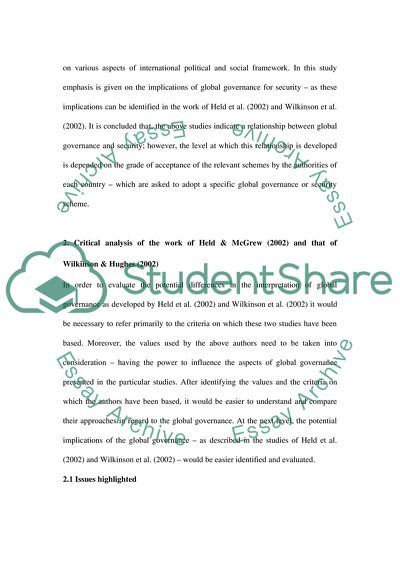Cite this document
(“Analysis of Global Governance Essay Example | Topics and Well Written Essays - 3000 words”, n.d.)
Analysis of Global Governance Essay Example | Topics and Well Written Essays - 3000 words. Retrieved from https://studentshare.org/politics/1574299-global-governance
Analysis of Global Governance Essay Example | Topics and Well Written Essays - 3000 words. Retrieved from https://studentshare.org/politics/1574299-global-governance
(Analysis of Global Governance Essay Example | Topics and Well Written Essays - 3000 Words)
Analysis of Global Governance Essay Example | Topics and Well Written Essays - 3000 Words. https://studentshare.org/politics/1574299-global-governance.
Analysis of Global Governance Essay Example | Topics and Well Written Essays - 3000 Words. https://studentshare.org/politics/1574299-global-governance.
“Analysis of Global Governance Essay Example | Topics and Well Written Essays - 3000 Words”, n.d. https://studentshare.org/politics/1574299-global-governance.


